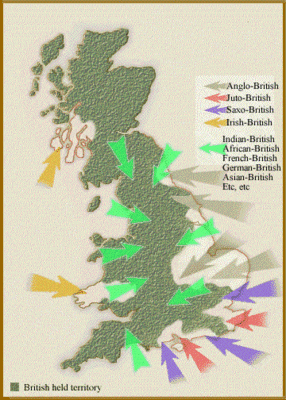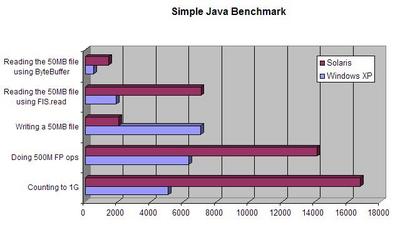SOA Blueprints Online
My pal Miko Matsumura has been working very hard forming a TC within OASIS to further my work on SOA Blueprints.
Launched in August (see news story) the new TC will:
Technorati Tags: SOA, blueprints, service, oriented, programming
Launched in August (see news story) the new TC will:
...continue work begun within the SOA Blueprints Initiative, originally founded by The Middleware Company and BEA Systems. The group is chartered to develop, circulate, maintain, and update a set of example business profiles ("adoption blueprints") which illustrate the practical deployment of services using SOA methods.Many useful links to SOA Blueprints are provided at XML Cover Pages, and the main SOA Blueprints site is at SOA Center.
Technorati Tags: SOA, blueprints, service, oriented, programming





